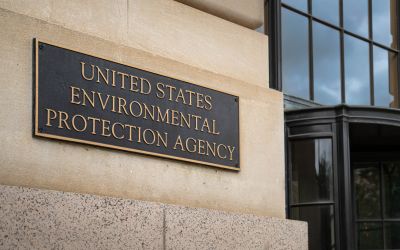China’s water pollution twice as bad as was first reported
The Chinese government recently released a report that states real water pollution doubles figures from a report released in 2007.

 The Chinese government recently released a study that states real water pollution doubles figures from a report released in 2007.
The Chinese government recently released a study that states real water pollution doubles figures from a report released in 2007.
The new report is a more comprehensive study and included additional sources of pollution previous reports had omitted-most notably: agricultural waste.
According to the report, 43% of China's water pollution is the result of over-fertilisation releasing ammonia and nitrogen into the water.
Figures suggest nearly 90% of China's water supply is polluted. Water management is now a global issue where in United States, over a third of the lakes, rivers and bays are deemed polluted.
However, in China, the crisis is dire: the government estimates 200 million people do not have access to clean drinking water.
The government reported that the Chemical Oxygen Demand (COD) currently sits at 30.3 million tonnes. The COD measures the amount of organic chemicals (chemicals that are not H2O) that cannot be degraded biologically.
By not including the agricultural farm waste, 2007's report believed China's COD was at 13.8 tonnes. A number of controversial issues have resulted.
Many question the reliability of the Chinese government's statistics. This is due to the huge figure discrepancy and the time taken to release the new findings (the research occupied over 500,000 people and took over two years).
Environmental organisations in and out of China hope that the report will be the first of many steps taken to increase government transparency. It will take a year before specific details of the study are made public as the government develops its next Five Year Plan.
From Greenpeace's Beijing office, Steven Ma said,
"Everybody knew there was a problem with agricultural pollution in China, but now there are numbers."
China's government believes that the country will soon reach its peak in pollution and will be able to reduce it thereafter. According to the vice-environmental minister, Zhang Lijun:
"China has taken a different growth path from developed countries so it is very likely that our pollution peak will come earlier."
Its government has already invested over 200 billion US dollars into cleaning its waterways. What is clear from the research is at least two things: 1) we must recognise a great deal of water-pollution does not come from factory run-off, and 2) better water-management is necessary everywhere.
Author: Michael Good | Climate Action
Images Provided By: Bruce Chang | Flickr





